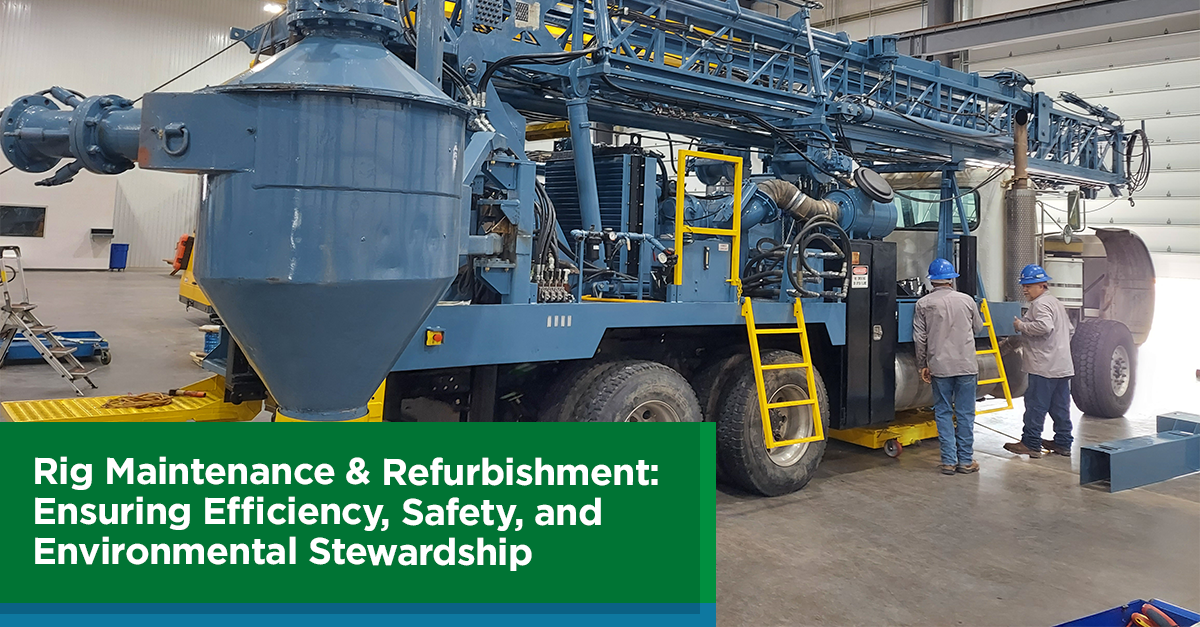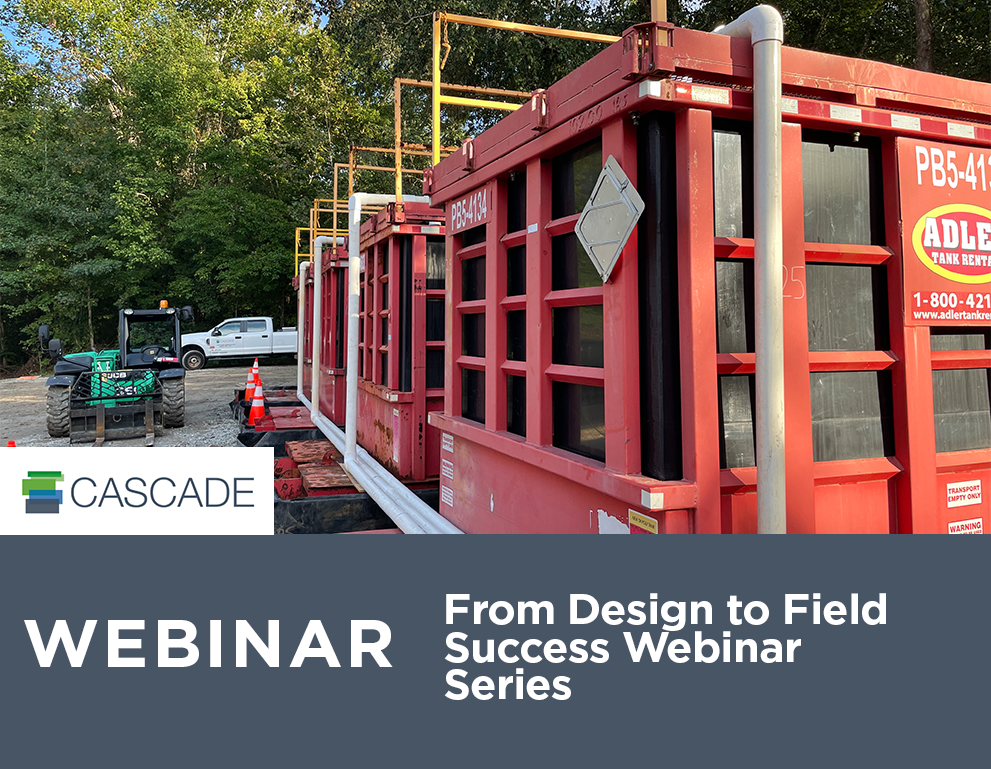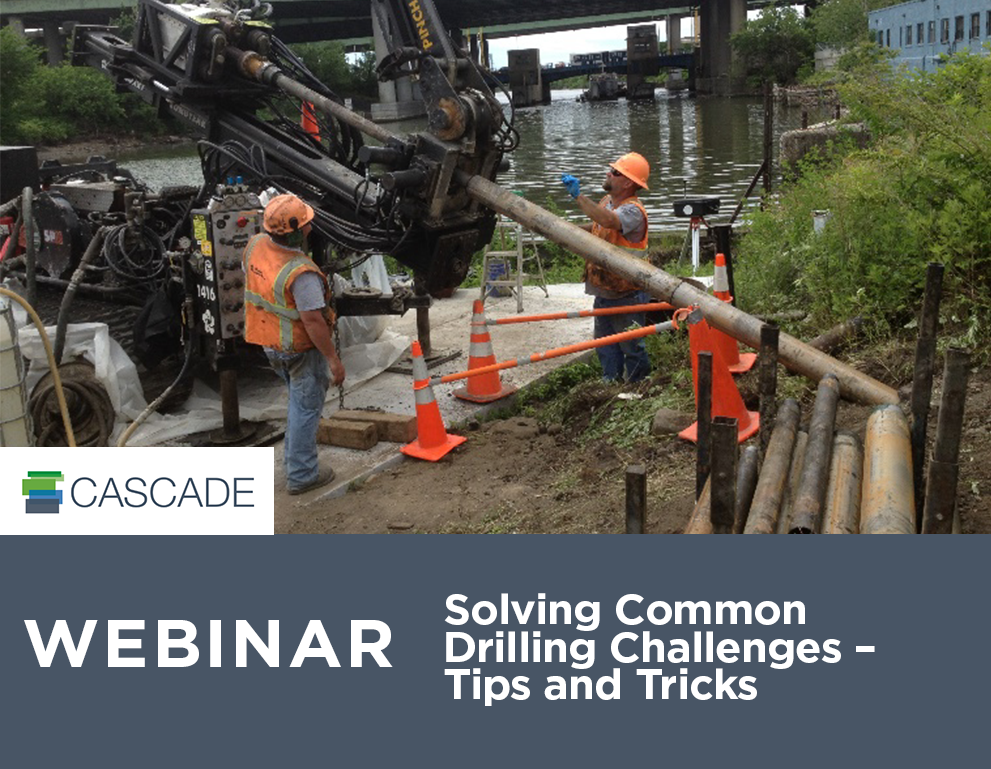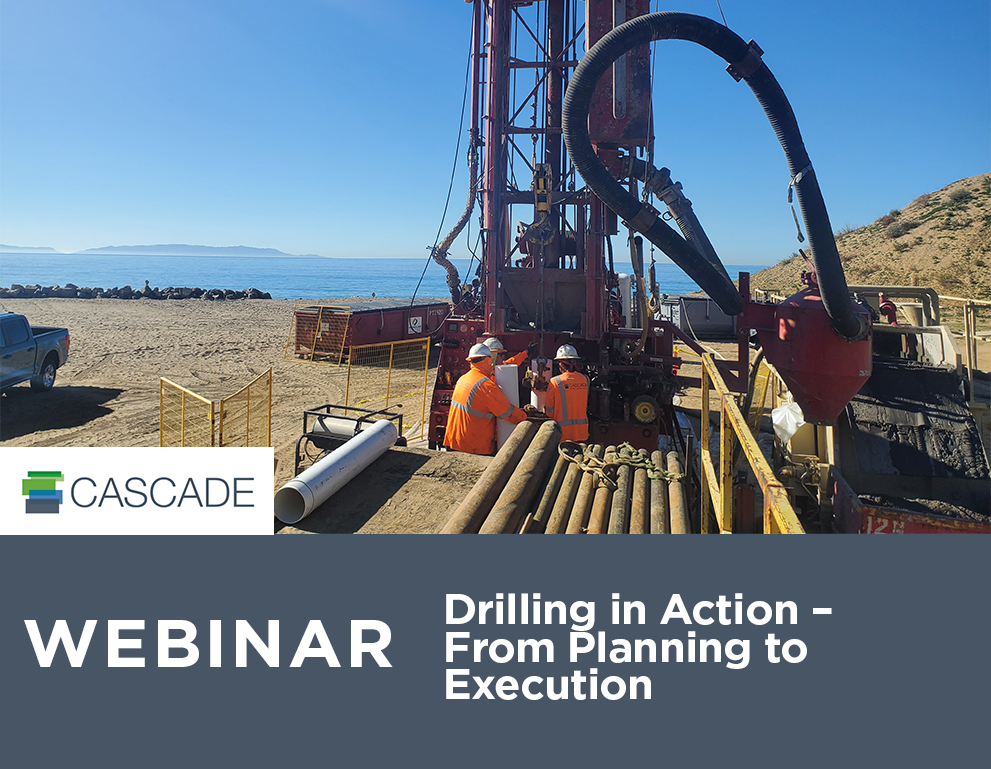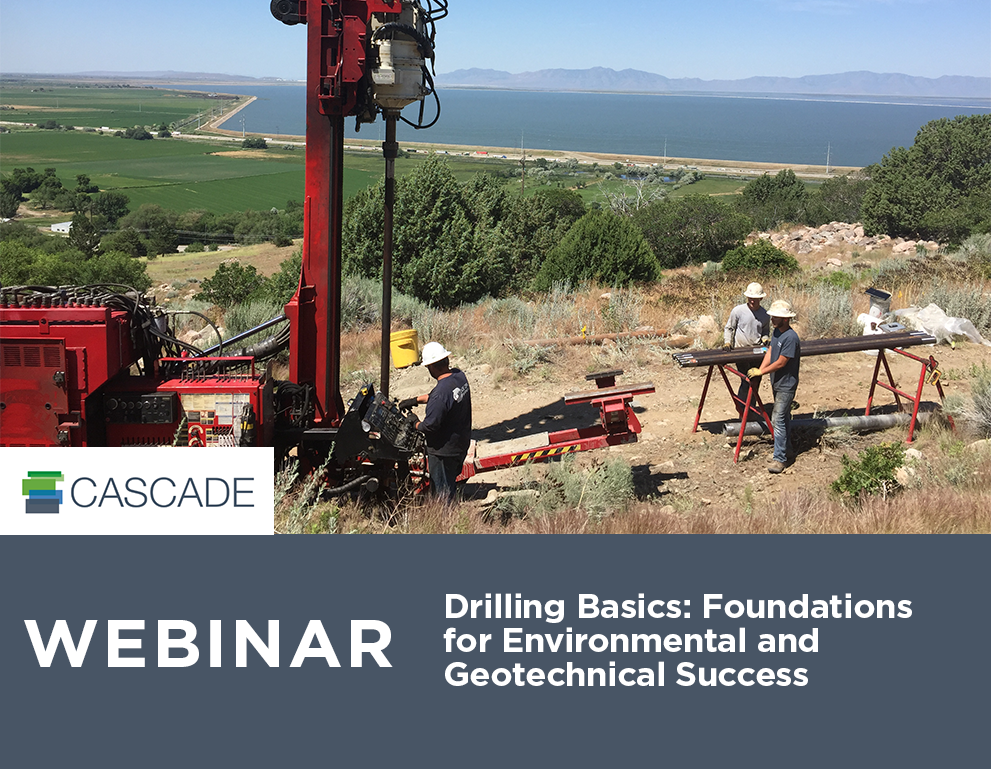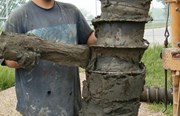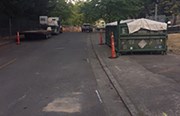The First Six Months: What to Expect as a Driller Assistant
By: Jessica Alexander
Starting a new job can be both exciting and daunting. As a driller assistant, you'll need to develop new skills, adjust to the work environment, and learn to collaborate with your team. While the first six months can be challenging, they are crucial for setting the stage for your future success. This blog post will guide you on what to expect during your initial months in this role.
If you’re considering a career as a driller assistant, this post is a great starting point. Additionally, you can watch our on-demand webinar, How to Get Started in a Drilling Career, where Sr. Vice President Steven Johnson and Operations Manager Donald Bond discuss the role and career growth. Fun fact: both Steven and Donald started as driller assistants and worked their way up!
The First Two Weeks
Initial Training
In your first two weeks, you’ll undergo a combination of classroom and on-the-job training, focusing on:
-
Occupational Safety and Health (OSHA) Certification
-
Commercial Motor Vehicle (CMV) Driving
-
Heavy Equipment Operation (e.g., Forklift Operation)
Basic Tasks
Post-training, you’ll learn to handle essential tasks such as:
-
Conducting vehicle inspections to ensure safety
-
Performing preventative maintenance on drilling equipment
-
Setting up control zones on project sites
-
Learning about tooling and drilling supplies
-
Loading and unloading equipment
The First 3 Months
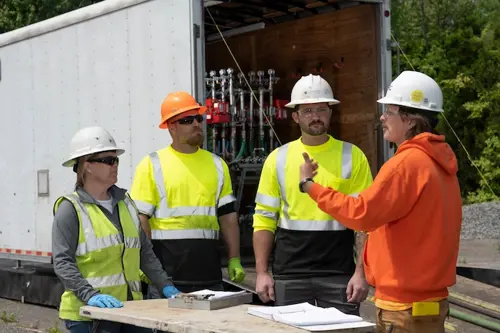
On-the-Job Training
In the next three months, you’ll work closely with a senior driller and an experienced driller assistant, assisting with drilling operations. This phase is critical and involves:
-
Adhering to high safety and performance standards
-
Learning from experienced crew members
-
Understanding the importance of precision to avoid errors
Months 3 Through 6
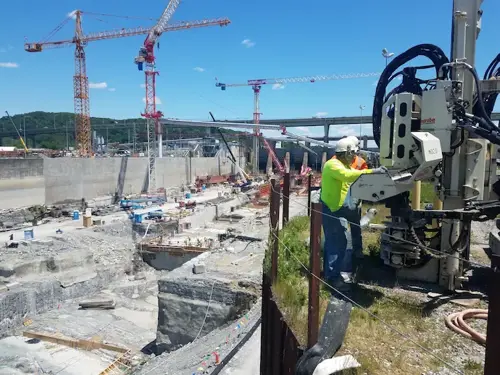
Expanding Your Knowledge
After the initial phase, you'll start branching out by:
-
Learning project management skills
-
Understanding the roles of various employees supporting drilling operations
-
Exploring different drilling methods and technologies
Working with Different Crews
You may work with various crews and rigs, providing insights into:
-
Different drilling techniques
-
Handling challenging field conditions
-
Learning from experienced drillers
Interested in learning more? Watch our on-demand webinar, How to Get Started in a Drilling Career, or check out our open roles and apply.
The First Six Months: What to Expect as a Driller Assistant
Drilling is a demanding yet rewarding career. As a driller assistant, you’ll experience hard work and dedication, but the role also offers great pay, stability, and personal and professional fulfillment. Successfully navigating the first six months sets you on a path to a satisfying career.
Conclusion
Interested in learning more? Watch our on-demand webinar, How to Get Started in a Drilling Career, or explore our open roles and apply today.
ABOUT THE AUTHOR

Jessica Alexander, SHRM-SCP
DIRECTOR OF TALENT ACQUISITION
[email protected]
Jessica Alexander is the Director of Talent Acquisition for Cascade Environmental, LLC. She holds a B.S. in Human Resource Management, B.S. in Business Administration, MBA, and Doctorate of Philosophy (ABD) in Human Resource Management. After completing ten years of military service in the United States Air Force in the Logistics and Transportation Management field, Jessica launched a distinguished career specializing in recruiting and talent development. She is passionate about the development of people and their ability to drive companies forward.


